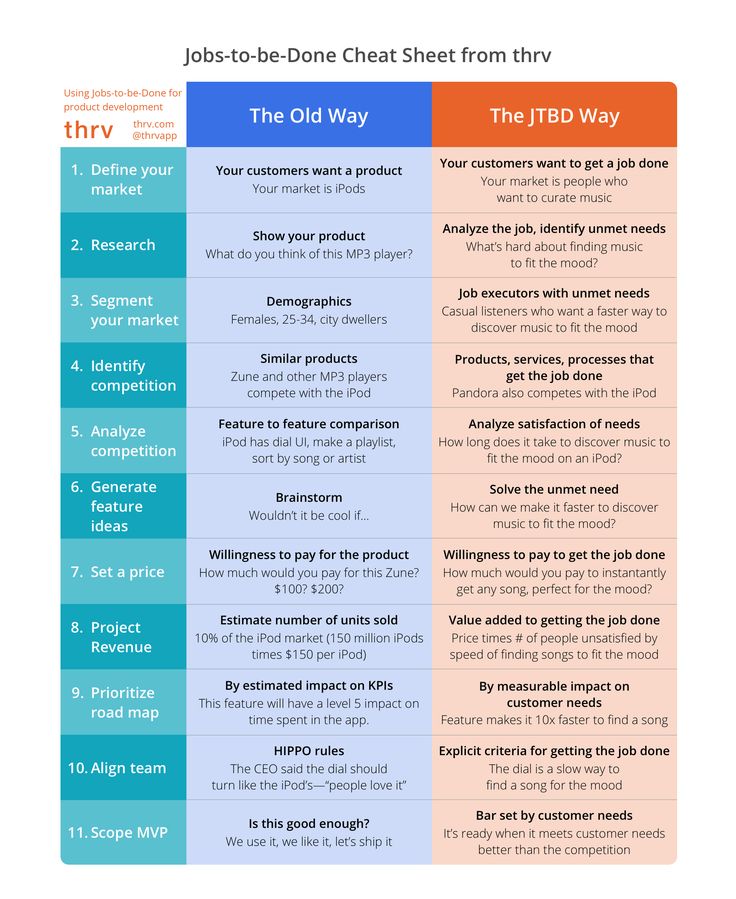How can i reach my goal
Seven simple steps to achieving your goals
by Ian Usher
14 August 2014
We all know that ‘goal setting’ is very important, but remember that setting your goal is only one of the steps on the journey in order to achieve it...
To set a goal you need to decide what it is that you want to accomplish and – this is the important bit – write it down. It’s as simple as that. You have set your goal by writing it down. Goal setting is easy.
But you want to achieve that goal, don’t you? Ah, now that takes a little more effort. That takes application and action.
Read more: Is waking up at 4am really the secret to success?
Much has been written on the importance of goals and their relationship to success and happiness. As entrepreneurs, I am sure most, if not all of you already know the importance of taking action to achieve your goals.
But how many of us practice this on a daily basis?
To help keep me focused on achieving my goals, I follow a simple seven-step outline. Practice this and I believe it will help propel you towards the success to which you aspire:
Get your goal out of your imagination and on to a piece of paper. This then becomes a statement of intent. The process of writing down your goal or target forces the subconscious to accept the commitment you have made to work towards your target.
It has been suggested that you should write your goal out not just once, but once every morning to keep you focused throughout each day.
Getty Images
Set a target date by which you will complete your goal.
If your goal is a larger, more complicated challenge, break it down into smaller steps and determine a deadline for each separate step. Put these important dates into your diary or computerised planner.
You can begin to work on your mindset long before you tackle your first goal. Develop a positive, “glass-half-full” approach to every aspect of your life, including your thoughts about how you will achieve your goals.
Read inspirational books, hang out with other motivated people, and believe in your own abilities. Work on your own attitude at every opportunity. This should remain a lifelong process.
It is very possible that a new goal will necessitate learning a new skill or will require some form of personal growth. Figure out what new knowledge you will need, or what new skills you will have to develop. Find the best source for gaining this knowledge and invest wisely to develop the assets you need on your path to success.
Getty Images
It is important not to procrastinate. The moment when real action is required is often when many goals fall by the wayside. You don’t need to wait until everything is just right. Get started now and make adjustments as you go along. Take that first step.
If you wait for the moment when everything is in perfect alignment you will never get started. This first step is always the hardest one to take. Once you have made a start the next step will be slightly easier, and the one after that easier again. Try to make your first step an easy one to commit to. This will encourage you to make it as soon as possible, so you quickly begin the journey towards achieving your goal.
Try to make your first step an easy one to commit to. This will encourage you to make it as soon as possible, so you quickly begin the journey towards achieving your goal.
The path to the ultimate completion of your goal is unlikely to be a straight and simple one. Do not give up when you encounter the first or any subsequent obstacles.
Always keep the end result in focus, maintain your excitement and enthusiasm, and keep moving forward. See each difficulty you meet as an opportunity for learning and growth.
Commit to doing at least one thing every day that will move you a little closer towards your goal. Do not halt this forward progress on your path to success until your end result has been achieved.
When you complete your goal it is important to reward yourself for this achievement. Look back over your accomplishments and enjoy the satisfaction that success brings. This will train the subconscious mind to focus on activities that produce successful results.
Once you have enjoyed your reward, set your next goal, making it bigger and more challenging than the last.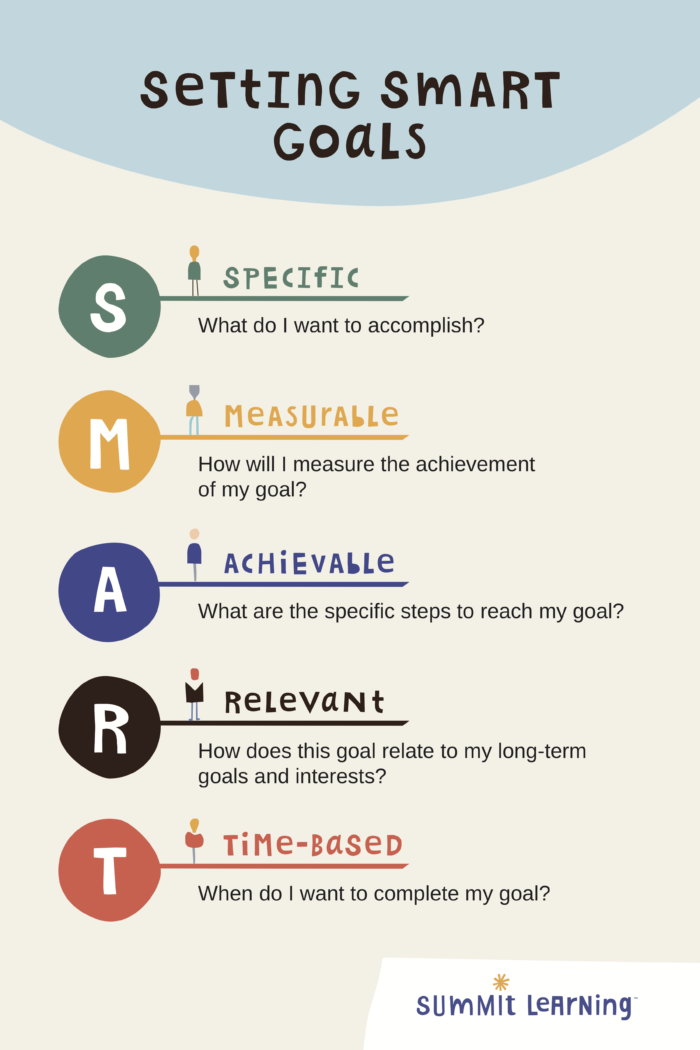
We can all have goals, but to be a ‘top-achiever’ you must be focused. You must know, understand and follow these basic skills for setting and attaining your goals every time. I wish you good luck with whatever goals you set – may they be achieved in the finest of style.
Ian's book '7 Simple Steps to Goal Achieving Success' is available on Amazon.
This is a guest blog and may not represent the views of Virgin.com. Please see virgin.com/terms for more details. This blog was originally published in 2014
How to Set and Reach Your Goals
Chances are, dozens of goals cross your mind each day. There are things you want to accomplish today, next week, and even next year on your mental to-do list. By turning that to-do list into actionable goals, you can get more done and feel a greater sense of accomplishment.
Understanding Goals
Achieving goals is not as simple as thinking of something you want to do and then completing the task. If it was, many people would be very accomplished. Instead, we think of things we want to complete, take a few steps toward the goal, and then get distracted or discouraged.
If it was, many people would be very accomplished. Instead, we think of things we want to complete, take a few steps toward the goal, and then get distracted or discouraged.
Smaller short-term goals are easier to reach than long-term goals that require more of a commitment. It’s natural to want to see results right away, and when you don’t, you may stop putting as much effort into your goal. It likely stays on your mind though, and you put it off or make less effort than you could toward meeting it.
For example, if you want to run a 10K race, you have to commit to weeks of practice. You have to build up your endurance, starting slowly by alternating intervals of running and walking until you reach your goal. It’s easy to feel motivated the first week, and even the second week.
But as the days pass, you may find yourself putting off practice until the next day, every day. You lose the progress you made and feel more discouraged, so you let go of your goal, maybe even pursuing something different.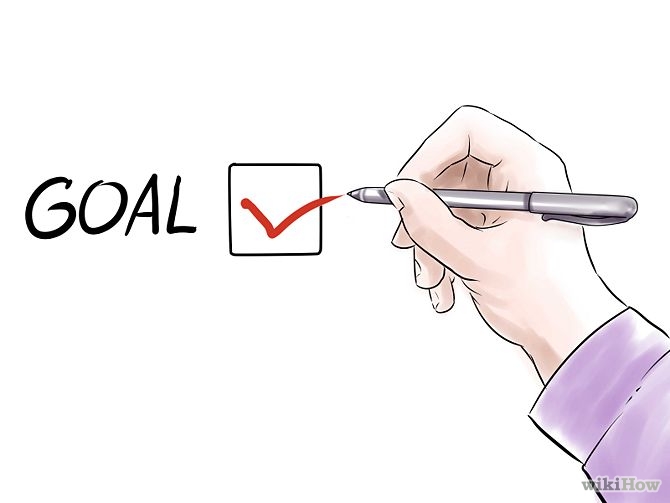 Over time, you may have many half-finished ideas and projects that you never quite complete. By setting more meaningful goals, you can accomplish more.
Over time, you may have many half-finished ideas and projects that you never quite complete. By setting more meaningful goals, you can accomplish more.
5 SMART Elements of a Goal
No matter what you're looking to accomplish, five elements make setting goals worthwhile. With these elements in place, you’re more likely to achieve your goals, according to many experts. All goals you set should be SMART, or:
1. Specific. Get detailed about outlining your goal. It’s not enough to say you want to run a 10K. When do you want to complete the 10K? Do you have a running time you want to beat for your 10K? You’re more likely to stick to a specific goal.
2. Measurable. Ensure that you apply a metric to your goal. If you want to eat healthier, quantify what that means. Count the servings of fruits and vegetables you eat each day and track them so you can visually see your progress over time.
3. Attainable. It’s easy to set a big goal, but is it something you can reach? For example, if you want to lose 10 pounds in a month, that may be pushing the limits of attainability. Instead, set a goal for two months so that a goal that is just out of reach doesn’t discourage you from trying at all.
Instead, set a goal for two months so that a goal that is just out of reach doesn’t discourage you from trying at all.
4. Realistic. Does your goal make sense? Are you able to reach the goal given your schedule and other responsibilities? If you’re not a runner, setting a goal to run a full marathon may not be realistic. Instead, set a goal to run a 5K, then a 10K, a half marathon, and finally a full marathon.
5. Timely. Set a timeline for your goal that makes sense. While you want to give yourself enough time to reach your goal, you also don’t want it to be so far out that you feel like you have plenty of time to reach it. The goal should provide a sense of challenge to you.
Understanding Motivation
You can set all of the goals you want, but if you aren’t motivated to reach them, you probably won’t. Motivation is crucial for committing to a goal and taking steps to reach it, even on hard days. When you set a goal, take some time to reflect on why it’s important to you. If it helps, write down your “why” and keep it somewhere you can always see it.
If it helps, write down your “why” and keep it somewhere you can always see it.
Plan for Obstacles
The path to success isn’t easy. Say you create a plan for achieving your goal to run a 10K. You choose three days a week to practice running. You establish a completion date with a finishing time in mind. Then, you get sick. You’re down for a week, and that pushes back the goal of your timeline.
Instead of giving up on your goal or putting it aside for another time, recommit to your goal. Run an extra day for three weeks to catch up or push back the date of your final 10K by a week. Allow some flexibility in pursuit of your goal.
Create the Habit
It takes 30 days for an activity to become a habit. If you look for reasons not to chase your goal, you’ll always find them. Don’t make excuses for the first 30 days of your goal. Push through the necessary steps and give yourself a chance to establish healthy habits that get you closer to your goal.
How to Achieve Any Goal: A Universal Guide
August 23, 2021Motivation
All you need is a good plan and courage.
Iya Zorina
Author of Lifehacker, athlete, CCM
Share
0You can not only read this article, but also listen to it. If it's more convenient for you, turn on the podcast.
Things to Know Before You Begin
1. There are things that cannot be achieved or simply should not be achieved. Becoming a rock star, marrying a famous football player, driving through the city at night to buy that same ice cream - it is much more pleasant to imagine than to experience in reality.
2. Sometimes desires are not really yours, but you don't know it. For example, you may think that you want to be a successful lawyer, but in reality you want your father to be proud of you. Or you dream of becoming a hermit and you don't suspect that you really just want to get away from your obnoxious boss.
3. Achieving the goal will not provide you with the satisfaction you expect.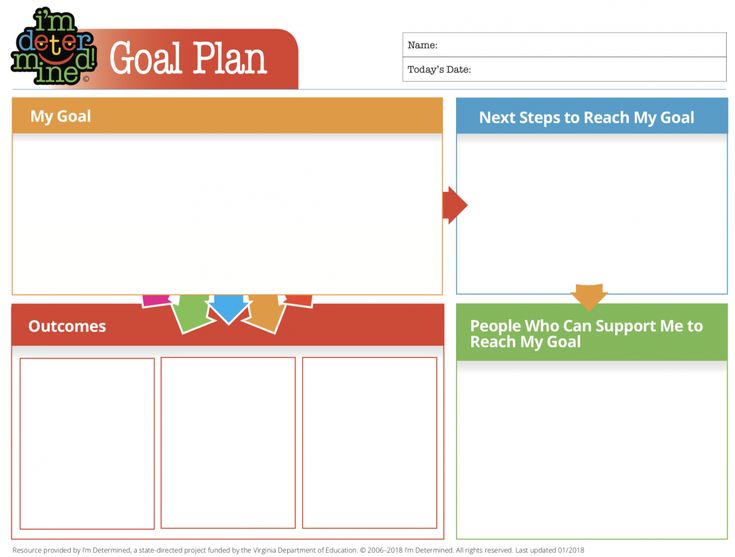 When your dream comes true, you will not feel as much joy as you dreamed. We tend to overestimate both the amount and duration of happiness from wish fulfillment, so be prepared.
When your dream comes true, you will not feel as much joy as you dreamed. We tend to overestimate both the amount and duration of happiness from wish fulfillment, so be prepared.
Before you jump into the fight for your dreams, consider this. Otherwise, it may turn out that you have wasted several years, or even half of your life.
How to achieve your goals
Determine what you really want
Often we don't even know what we want. Many of our desires are born out of dissatisfaction and sound like: “I don’t know what I want, but definitely not this.” Be specific.
Do you really want to work for yourself or are you just tired of your job? Do you really need abs or do you dream of becoming healthy and energetic?
You must know exactly what you want. Imagine in detail that you have already achieved what you want, evaluate not only the pluses, but also the minuses - they always exist. What do you feel about it?
Eliminate conflicting desires
“I want to be in good shape. I also hate playing sports.
I also hate playing sports.
Often a new goal remains unfulfilled because you have an opposite desire that contradicts it. Take, for example, a good physical shape and a sedentary lifestyle. Being passive and not exercising is also your desire. It comes from the desire to avoid discomfort and prevents the fulfillment of a new desire - to get in shape.
All reverse desires are caused by unwillingness to leave the comfort zone and fear of the unknown: training, a new job or a hobby.
Think about what needs to be done to achieve the goal. See if you don't want to do it.
Find out how other people have achieved what you aspire to
It is unlikely that you want to achieve what no one else has been able to before. Use the experience of others to achieve your goals. Just search the Internet for people who have already done it: made a lot of money, ran a marathon, won a competition in any sport, or learned three languages.
If the person has written an autobiography or a book of advice, use it, if not, try contacting and asking for advice directly. Just send an email asking for help. There is a chance that you will receive valuable tips and warnings that will help you achieve what you want faster.
Just send an email asking for help. There is a chance that you will receive valuable tips and warnings that will help you achieve what you want faster.
Make a better plan
Make a simple plan from the advice given to you. Imagine how you would achieve what you wanted if you were not afraid of anything and had incredible willpower.
Now watch how the fearful part of your consciousness is trying to change this plan, to make it less painful. Now you are observing your opposite desire - to avoid discomfort.
If you are trying to modify the original plan so that there is no discomfort in it at all, then the desire to avoid difficulties is about to win. The further your plan deviates from the original, the less likely you are to actually achieve your goal.
Resist the urge to avoid the unknown and discomfort.
Amend the plan if necessary
So you have a plan. And you started to move according to it. If you are progressing, then there is no problem, keep moving.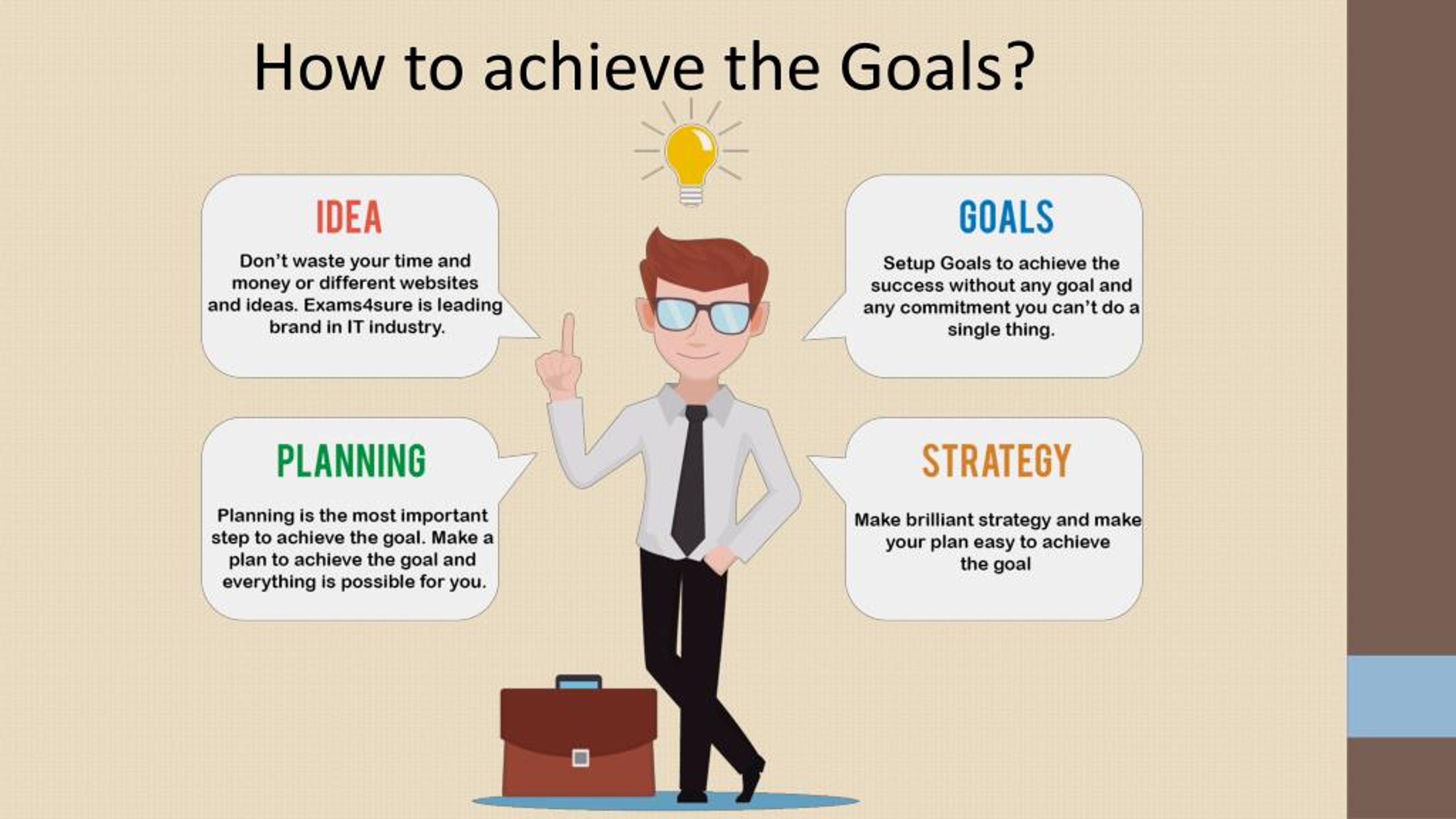 If not, ask yourself four questions:
If not, ask yourself four questions:
- Am I following the plan? If not, then start following.
- Is there any minor part of the plan that needs to be changed? If there is, change it.
- Do I need a different plan given what I now know? If so, develop a tactic that suits your current situation.
- Do I feel that my goal is unattainable or that I do not need it? If so, quit and do something else.
As a rule, all the difficulties and problems that you meet on your way have already been experienced by other people. Google it.
If your plan isn't working, make adjustments or change it. If your goal no longer seems attractive to you, give it up.
What can prevent you from achieving what you want
Desires of other people
Your family and friends wish you happiness, but they may not approve of the path chosen to achieve it. Perhaps they will consider that your desire will not bring you anything but suffering.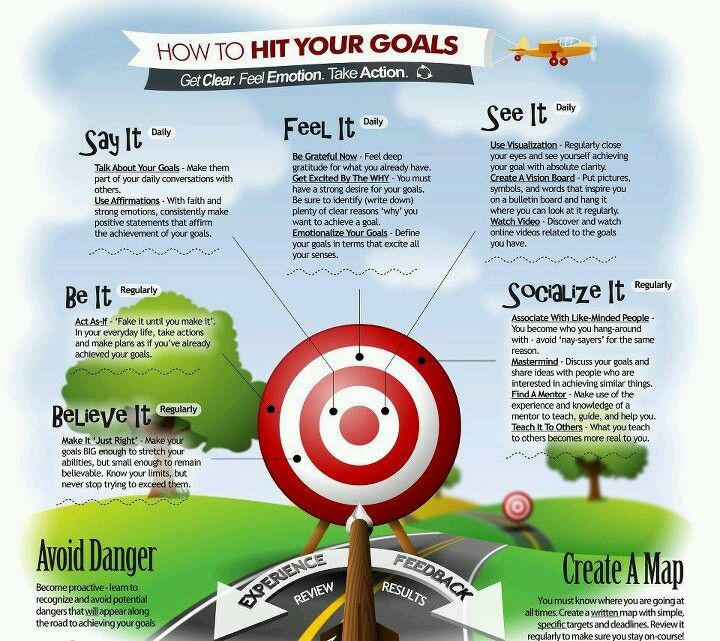
In addition, your goals may conflict with what your loved ones want. For example, parents dream that you are always there and not in danger. Of course, they will be against your move, dangerous journey or extreme hobby. Consider this and do not expect comprehensive support from others.
Your reverse desires
The real reason for all failures is the desire for predictability and comfort. This is a real invisible fence that keeps us from achieving our goals.
Each of us is capable of incredible things. The more unusual the desire, the more we simultaneously want not to achieve it, remaining in the comfort zone.
We are timid creatures who want to keep the usual order of things with all our might, no matter how dull and rotten it is. We have an excuse: this quality is essential for the survival of the species. But sometimes it really bothers us.
When you accept the fact that fear and the unknown accompany you in any worthwhile endeavor, it becomes a little easier. Not easier, but easier.
Not easier, but easier.
You have decided what you want. Do it. If you don't know what to do, the next step is to find out.
Read also 🧐
- How dreaming destroys your motivation and how to stop it
- 3 psychological tricks that will teach you how to get what you want
- 4 steps that will bring you closer to abandoned goals
Basic steps to achieve any goal, how to formulate it correctly
Everyone dreams of being successful - having a high salary, a prestigious job, a loving family. But often dreams turn into "ghosts of the past" due to incorrectly set goals or insufficient work on them. How to achieve the goal? There is a simple but working algorithm for this.
How can you achieve your goal?
The question of how to quickly achieve a goal is of particular interest to modern man. We all realize that the path to success and self-realization consists of achieving goals, albeit not always large, but significant for each person personally.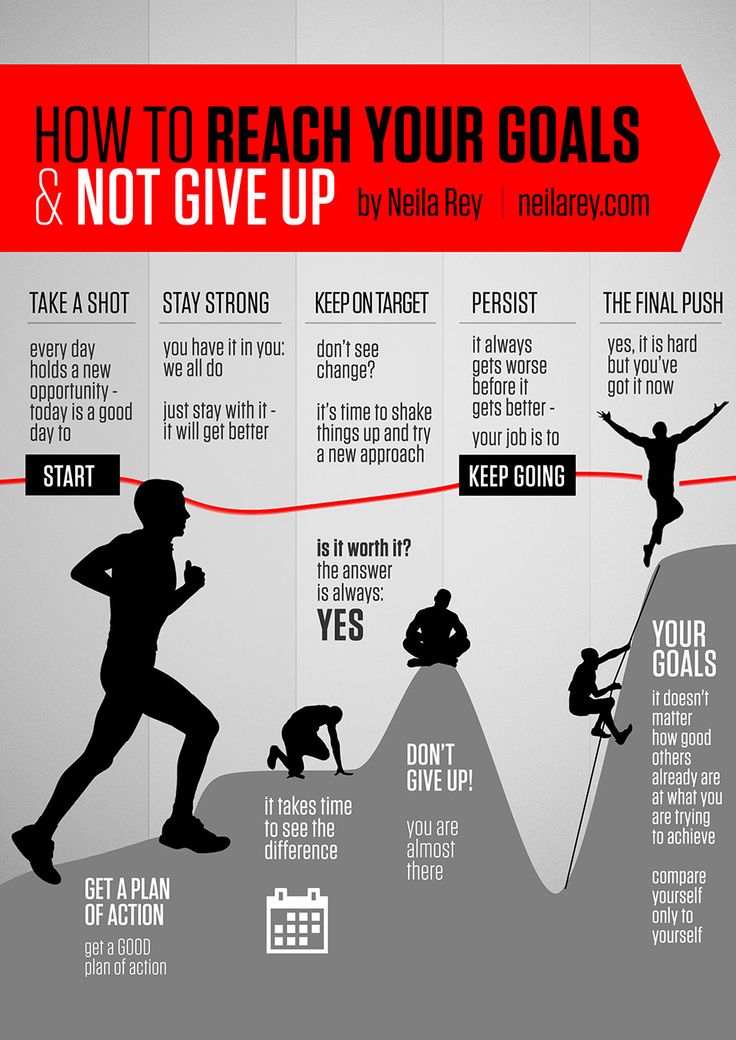 We often see headlines: "How to achieve high goals", "How to achieve goals the right way", "How to achieve your desired goal." But, as a rule, we are talking about motivational texts without any practical benefit. Before deciding how to achieve your goal in life, you need to answer simple questions for yourself:
We often see headlines: "How to achieve high goals", "How to achieve goals the right way", "How to achieve your desired goal." But, as a rule, we are talking about motivational texts without any practical benefit. Before deciding how to achieve your goal in life, you need to answer simple questions for yourself:
- Is this really your wish? It happens that desires and all sorts of “I want”, which a person positions as a goal, are imposed on him from the outside. Therefore, before determining the trajectory of movement, listen to yourself.
- Is the goal or the process of achieving it important to you? Setting a goal for ourselves, each of us imagines how he will go towards it, what he will do for this. Answer honestly to yourself the question, are you really interested in the end result or do you need emotions from the process itself?
How to achieve any goal in life?
There is no universal way to achieve any goal - each one is different and depends, among other things, on the circumstances and methods chosen.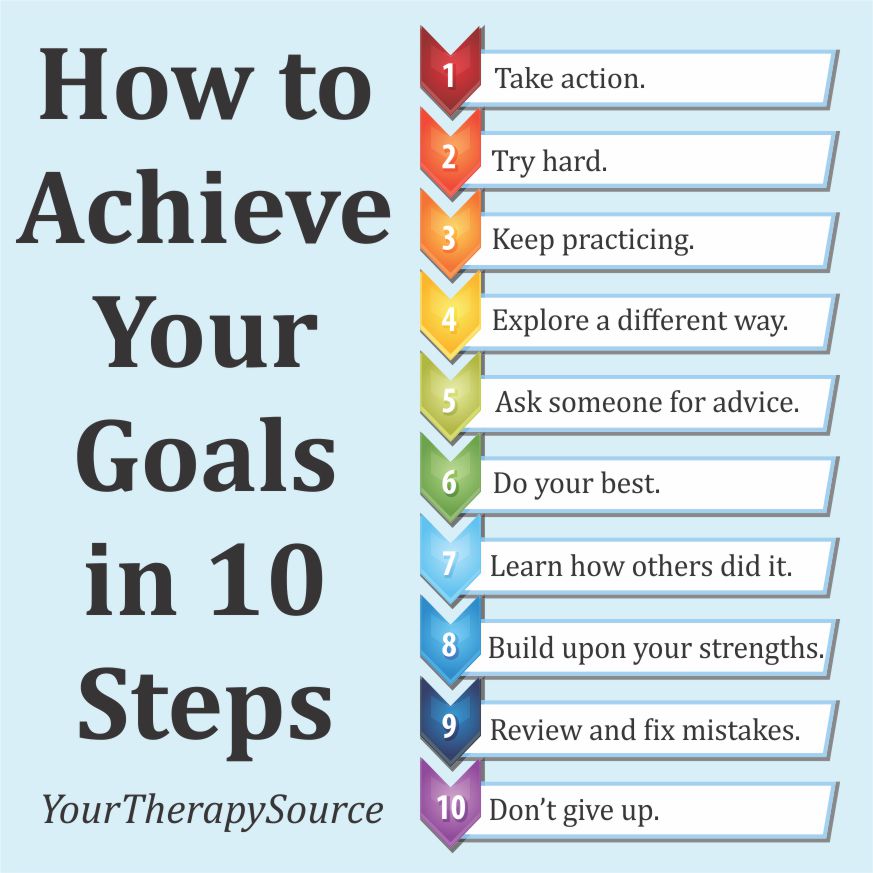 The main goal of a student can be a session passed with excellent marks, and the goal of a private entrepreneur is to increase sales by 30%. Each of them will choose the tools to achieve the result that are right for him, and it is pointless to look for a single instruction on how people achieve their goals.
The main goal of a student can be a session passed with excellent marks, and the goal of a private entrepreneur is to increase sales by 30%. Each of them will choose the tools to achieve the result that are right for him, and it is pointless to look for a single instruction on how people achieve their goals.
How to set a goal and achieve it?
The main question that is asked by everyone who needs results is “how to set a goal and achieve it?”. At this stage, we recommend that you follow the following:
- Be clear about your goal. Often it is precisely the lack of assembly of the definition, the ephemeral nature of the desired concepts that become a stumbling block.
- Indicate the dates. So that the path to the goal does not stretch for many months, or even years, indicate the deadlines. Perhaps it is the deadline that will help you get together and act without delay.
- Work out the plan. This is a very important element that will help you understand the mechanism of your actions and the sequence of steps.
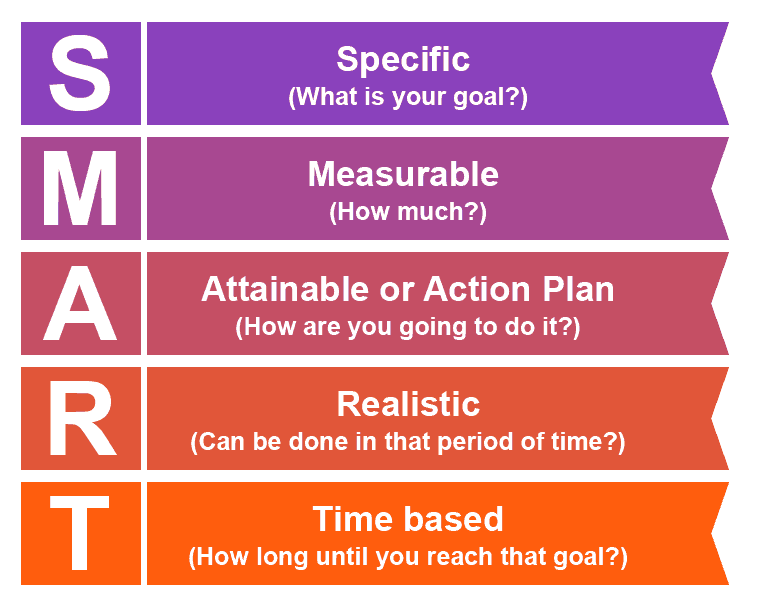
Learn more
